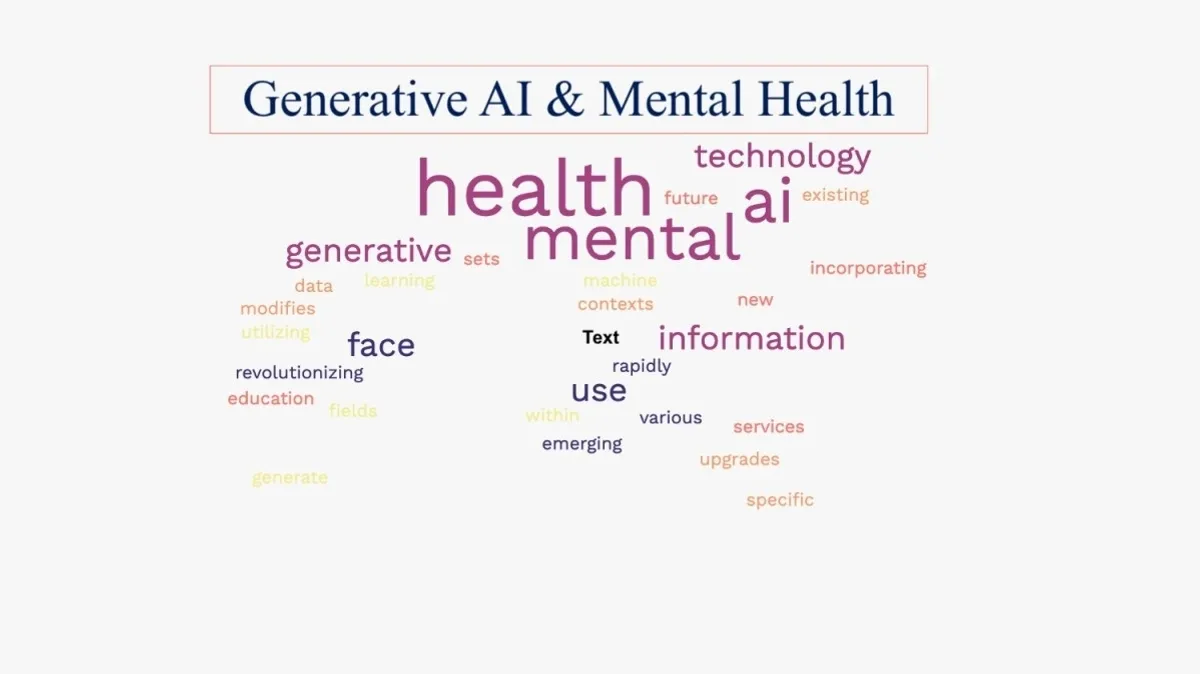The realm of mental health has welcomed a new player: generative artificial intelligence (AI). As we venture deeper into the 21st century, this technological marvel is reshaping the landscape of mental health care. With its ability to analyze vast amounts of data and generate human-like responses, generative AI offers unprecedented opportunities for support and treatment.
However, this new frontier is not without its controversies. Ethical concerns arise regarding the impersonal nature of AI interactions and the potential for misdiagnosis or manipulation. Critics argue that the subtleties of human psychology may be too intricate for algorithms to grasp fully.
In this exploration, we examine the burgeoning relationship between generative AI and mental health. We’ll delve into the potential benefits, such as increased accessibility and personalized care, as well as the challenges, including ensuring privacy and the need for human oversight.
One of the most significant advantages of generative AI in mental health is its capacity to provide immediate assistance. Mental health chatbots, powered by generative AI, offer round-the-clock support, breaking down barriers to care for those who might otherwise go without help. These AI systems can engage in conversations, offering coping strategies and guidance akin to the support provided by human therapists.
However, one cannot overlook the potential downsides. The lack of emotional intuition, a crucial component of therapy, raises questions about the effectiveness of generative AI in addressing complex psychological issues. Furthermore, there’s the risk of data breaches and the ethical dilemma of using personal mental health information to train AI systems.
Despite these challenges, the potential of generative AI in mental health cannot be ignored. As we navigate this new landscape, it’s essential to strike a balance between innovation and caution. With careful consideration and responsible development, generative AI could become a valuable asset in the quest to improve mental health care.
As the debate continues, one thing is clear: generative AI’s role in mental health care is just beginning. Its impact will be shaped by ongoing research, ethical discussions, and the evolving needs of society. What’s certain is that the journey into this brave new world of AI-powered mental health care will require collaboration, open-mindedness, and an unwavering commitment to the well-being of individuals seeking help.
